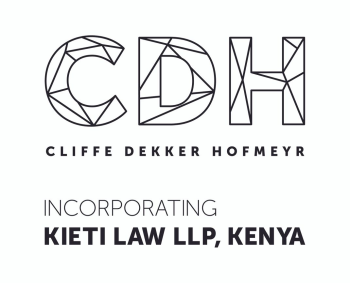On October 21 2016 the High Court (Gauteng Division, Pretoria) delivered its decision in BMW South Africa (Pty) Ltd v The Commissioner of the South African Revenue Service.
The applicant was a vendor for value added tax (VAT) purposes. The respondent, the South African Revenue Service (SARS), had found that the applicant failed to pay certain amounts of VAT due for the October 2011 to February 2012 VAT periods. As a result, SARS levied penalties and interest in respect of the amounts not paid.
However, on the facts, it appeared that the applicant had made payment as required, and that SARS had incorrectly allocated the amount paid.
The applicant presented proof of payment to SARS, but SARS insisted that the penalties and interest should be paid. The applicant paid the amounts under protest and brought an application in the High Court.
At first, SARS indicated no intention to oppose the application and eventually consented to an order setting aside the finding of non-payment and instructing the penalties and interest to be remitted. SARS also consented to costs on an attorney-client scale and costs of senior counsel.
However, the matter came to be heard in court. SARS was represented by counsel who sought only to oppose a limited issue: whether the applicant should be entitled to interest in respect of the amounts that it had paid under protest and which were now to be remitted.
Based on the Shuttleworth v South African Reserve Bank (2015 (1) SA 586 (SCA)) decision, the court held that the applicant was entitled to interest.
In Shuttleworth, the court had confirmed that amounts paid under protest can be recovered in accordance with condictio indebiti (ie, when a plaintiff pays the defendant by mistake what it is not bound to pay either in fact or in law, it may recover the amount), together with interest.
The court also cited Sections 187, 188 and 190 of the Tax Administration Act (28/2011), which provide for interest to be incurred on refundable amounts.
Accordingly, the court granted an order to the effect that SARS must pay interest tempore morae (ie, from the date on which the obligation became due) on the amounts paid by the applicant under protest.
For further information on this topic please contact Heinrich Louw at Cliffe Dekker Hofmeyr by telephone (+27 115 621 000) or email ([email protected]). The Cliffe Dekker Hofmeyr website can be accessed at www.cliffedekkerhofmeyr.com.
This article was first published by the International Law Office, a premium online legal update service for major companies and law firms worldwide. Register for a free subscription.



